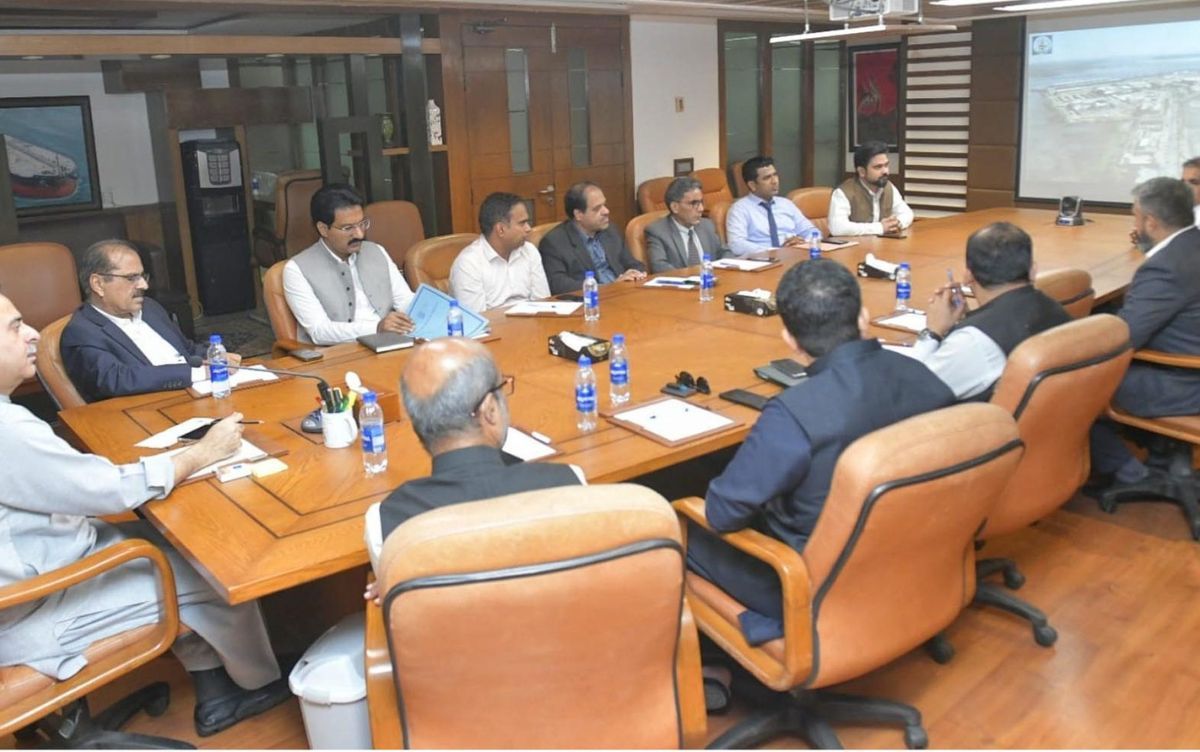Blue Economy Gains Momentum with Aquaculture Initiative
The Government of Pakistan has unveiled an ambitious plan to establish a Rs3 billion Aquaculture Park at Karachi’s Korangi Fish Harbour, a project that promises to transform the country's blue economy. Announced by Federal Minister for Maritime Affairs Muhammad Junaid Anwar Chaudhry during a high-level meeting, the proposed park will span 120 acres and is expected to yield an annual production of 360 to 1,200 tonnes of marine species.
The meeting brought together key stakeholders including the Chairman of the Gwadar Port Authority (GPA), representatives from the Korangi Fish Harbour Authority (KoFHAH), the Marine Fisheries Department (MFD), and the Balochistan Chamber of Commerce and Industry. Experts highlighted that Pakistan's coastal waters are ideal for aquaculture, offering prime conditions for sustainable fish farming.
 P.c. Associated Press Pakistan
P.c. Associated Press Pakistan
The park’s estimated annual revenue is projected to range between $720,000 and $7.2 million, depending on species choice, market dynamics, and production methods. It is set to operate under a public-private partnership (PPP) model, which the government sees as essential for long-term sustainability and investment attraction.
Minister Chaudhry directed KoFHAH to prepare a full execution plan within ten days, noting that the land pricing would follow an extensive farming model to encourage private sector participation. He also advocated for replicating this aquaculture model in Balochistan, leveraging the province’s vast coastal resources.
In a move to boost operational synergy, the minister ordered the relocation of the MFD sub-office to the Gwadar Port Authority premises, a step expected to improve coordination across blue economy initiatives.
In another meeting, the minister reviewed the land allotment and lease policy of the Port Qasim Authority (PQA). Officials reported that the Survey of Pakistan is actively engaged in demarcating PQA land, while the revision of its master plan is underway in alignment with the National Ports Master Plan.
Minister Chaudhry reaffirmed the government's commitment to promoting sustainable marine development. He emphasized that investments in aquaculture and port infrastructure are crucial for enhancing food security, increasing exports, and creating jobs in Pakistan’s coastal regions. The meetings are seen as part of a wider maritime development strategy grounded in innovation, collaboration, and inclusive growth.